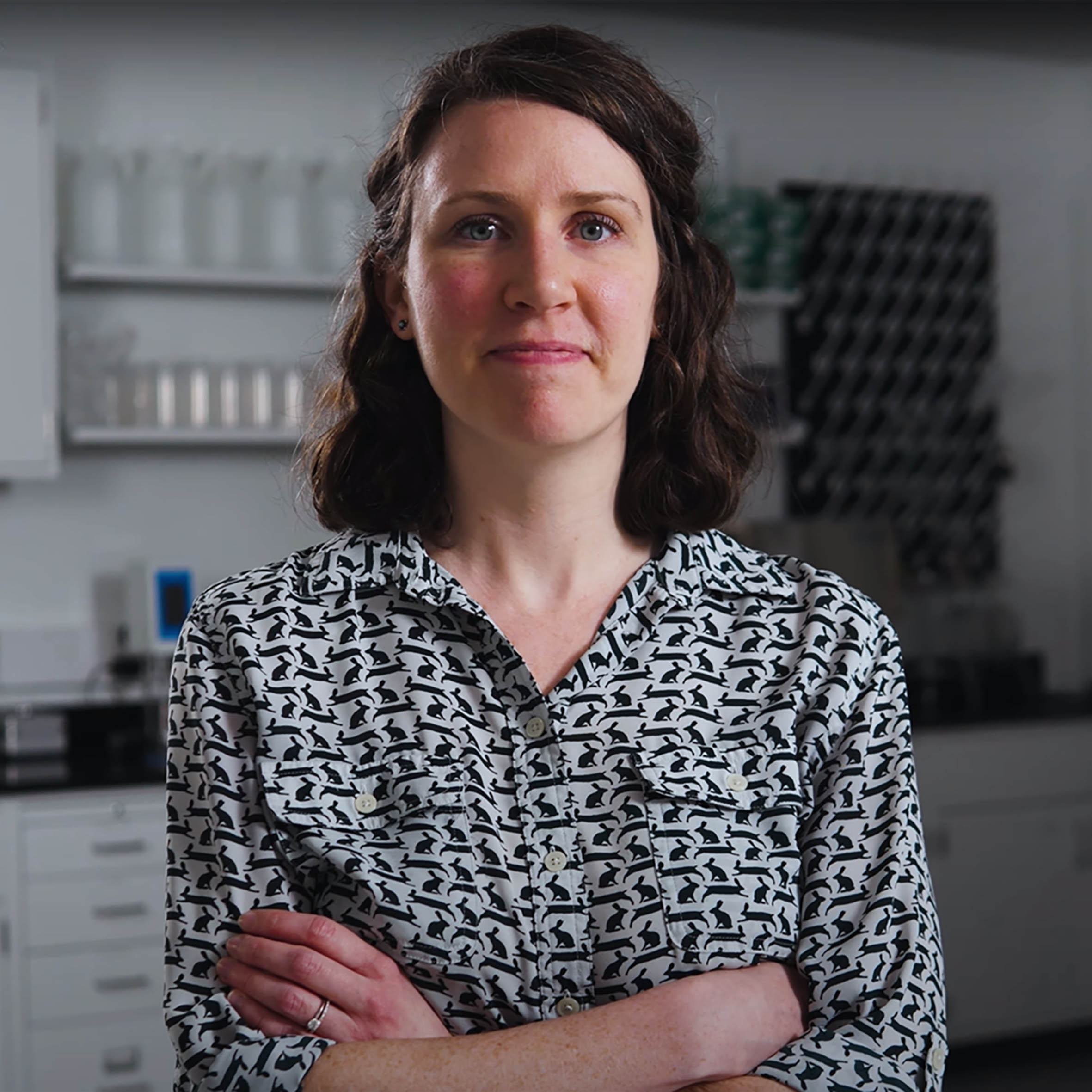Lucideon to develop NASA-Approved ceramic composite with Technetics

Image courtesy Lucideon
These materials have been developed for critical applications involving extremely high temperatures and rapid rotation speeds in a number of markets and use cases.
Technetics Group has licensed a patented ceramic composite material from NASA to explore the materials for the development of next-generation dynamic seals.
The goal is to develop a unique, low-friction ceramic composite suitable for high-performance rotating environments.
In discussing the collaboration, Dr Carolyn Grimley (above), Manager of US Advanced Materials and Processing at Lucideon, said: "Lucideon’s long-standing expertise in ceramic processing capabilities will play an important role in the advancement of these materials for Technetics as they develop these materials.
“Our advanced ceramic process equipment will be deployed to establish detailed and repeatable testing conditions.
"The data assessment phase will focus on consolidating experimental parameters from the patent and utilising literature to build on the patent’s detail regarding both processing parameters and target outcomes such as grain size.
"In subsequent phases, key parameters will be identified and refined until testing and characterisation data shows that the material has been reproduced as closely as possible to that described in the patent.
“This is a complex challenge, which involves our materials scientists drawing on a wide range of expertise and using the latest technologies to complete."
The work is being carried out at Lucideon’s Raleigh site in North Carolina, utilising their world-class testing and characterisation laboratories.
Lucideon is a development and commercialisation organisation (DCO), specialising in materials technology, processes and testing. In addition to a multidisciplinary team of scientists, engineers and commercial analysts, Lucideon has testing and characterisation laboratories, a combination of pilot and feasibility plant and equipment and a management and certification division, with offices and approved laboratories in North and South Carolina (as well as New York State) and Staffordshire and Cambridge in the UK.












